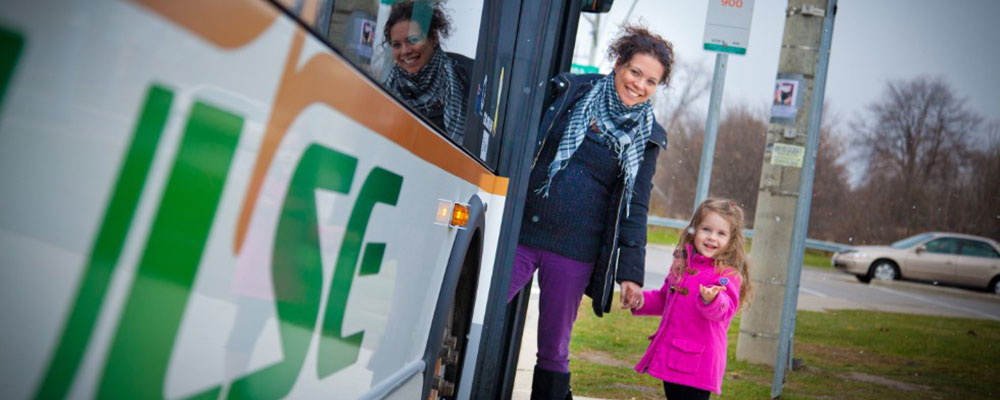Whitby, Ontario - The Canada Infrastructure Bank (CIB) and the Regional Municipality of Durham (Durham Region or the Region) have signed a Memorandum of Understanding, that could see the CIB invest up to $68 million to support Durham Region Transit's (DRT) purchase of up to 100 battery electric buses by 2027.
The CIB's investment will contribute towards a portion of the capital acquisition costs of the battery electric buses. When compared to diesel buses, electric vehicles are anticipated to have reduced operating costs over time. Consistent with the CIB's zero-emission bus (ZEB) initiative, repayment of the investment is expected to be covered through the anticipated reduced operating costs over time of the ZEBs as compared to diesel buses.
A high priority in DRT's E-Mission Zero strategy, battery electric buses can improve the quality of life for Durham Region residents who will benefit from cleaner commuting options. The electrification of transit vehicles is a key milestone needed to meet the Region's climate change commitments over the next 25 years.
The implementation of up to 100 battery electric buses is estimated to save approximately 8,000 tonnes of carbon emissions per year.
The CIB's financing will work in conjunction with Infrastructure Canada's funding for zero-emission transit. The CIB and the Region are expected to reach financial close by early 2023.
To date, the CIB has invested over $1.5 billion toward more than 5,000 ZEBs across Canada.
Endorsements:
I am pleased the CIB is making this important investment to support Durham Region's expansion of zero-emission buses. Our partnership will help the Region provide cleaner public transportation for future generations. The CIB will continue making investments, which improve the quality of life for Canadians and support more sustainable communities.
- Ehren Cory, President and CEO, Canada Infrastructure Bank
Thank you to our partners at the CIB for their investment in our battery electric buses, a key priority that supports the Region of Durham's Corporate Climate Change Action Plan and Community Energy Plan. DRT's commitment to reducing energy use, costs and greenhouse gas emissions with the electrification of transit vehicles will create a cleaner, low-carbon future.
- John Henry, Regional Chair and Chief Executive Officer, Durham Region
Battery electric buses are just one of many innovative projects that support DRT's E-Mission Zero goals. We are pleased to be taking this very important step towards improving customer experience while making transit more sustainable, safer and cost effective.
- Shaun Collier, Mayor of Ajax and Chair of the Transit Executive Committee
CIB's support for the electrification of Durham Region's bus fleet will provide a cleaner, accessible form of transportation that meets the needs of residents in my community and across Durham Region while helping Canada reach its ambitious climate goals. I am thrilled to see this partnership between the CIB and Durham Region.
- Jennifer O'Connell, Parliamentary Secretary to the Minister of Intergovernmental Affairs, Infrastructure and Communities, on behalf of the Honourable Dominic LeBlanc, Minister of Intergovernmental Affairs, Infrastructure and Communities
Quick Facts:
- The CIB's Zero-emission Bus Initiative assists transit agencies and school bus operators to transition their fleets to modern, environmentally friendly vehicles.
- The CIB seeks to invest up to CAD $5 billion into public transit projects that are in the public interest and support Canadian sustainable economic growth.
- All CIB investments are subject to approval by its Board of Directors. Aligning with Durham Region's Corporate Climate Change Action Plan and Community Energy Plan, DRT is committed to adopting renewable technologies that contribute to sustainable communities across the Region.
- DRT's E-Mission Zero strategy includes a suite of emission-reducing initiatives intended to introduce a more sustainable network of vehicles, infrastructure and facilities over the next 25 years. Bringing new technology and smart infrastructure to Durham Region, this program is positioned to significantly reduce transit emissions; with a focus on healthy, sustainable communities for generations to come.
– 30 –
For more information, please contact Corporate Communications.

